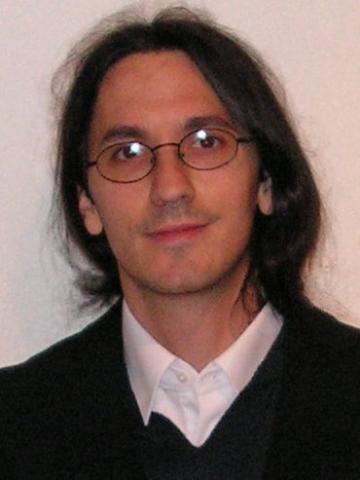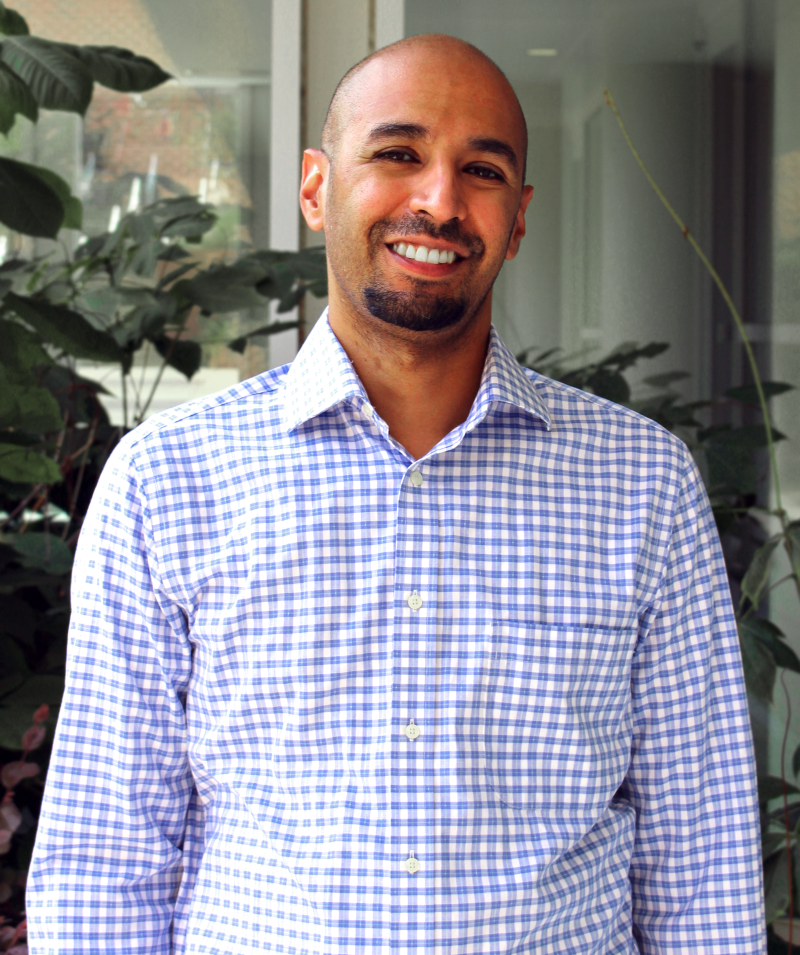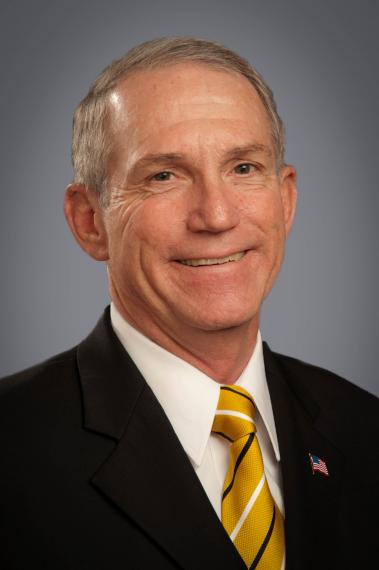Julie Kozyreva



Prof. Pradalier is Associate Professor at GeorgiaTech Lorraine, the French campus of the Georgia Institute of Technology (a.k.a. GeorgiaTech) since September 2012. He defended his “Habilitation à Diriger des Recherches” (Authority to Supervise Research) in 2015 on the topic of “Autonomous Mobile Systems for Long-Term Operations in Spatio-Temporal Environments” at the National Polytechnic Institute of Toulouse (INPT).
His objective is to extend the activity of the CNRS IRL2958 GT-CNRS towards robotics, leveraging on one side the strong robotic research inside CNRS and on the other side the collaboration potential with the Robotics and Intelligent Machines (RIM) laboratory at GTL.
At the IRL, he is now the coordinator of the H2020 BugWright2 project, has been involved in H2020 project Flourish and PF7 project Noptilus, as well as in projects on environmental monitoring.
From November 2007 until December 2012, Dr. Pradalier has been deputy director in the Autonomous Systems Lab at ETH Zürich. In this role, he was the technical coordinator of the V-Charge project (IP, 2010-2014) and also involved in the development of innovative robotic platforms such as autonomous boats for environment monitoring or prototype space rovers funded by the European Space Agency. He is a founding member of the ETH start-up Skybotix, within which he was responsible for software development and integration.
From 2004 to 2007, Dr. Pradalier was a research scientist at CSIRO Australia. He was then involved in the development of software for autonomous large industrial robots and an autonomous underwater vehicle for the monitoring of the Great Barrier Reef, Australia.
He received his Ph.D. in 2004 from the National Polytechnic Institute of Grenoble (INPG) on the topic of autonomous navigation of a small urban mobility system and he is Ingénieur from the National Engineering School for Computer Science and Applied Math in Grenoble (ENSIMAG).

Michael (Mick) West joined ECE from the Georgia Tech Research Institute (GTRI) in 2022. He received his Ph.D. in electrical engineering from the University of Hawaii (UH) in 2006 and has over 28 years of professional experience with over 40 refereed journals and conference papers.
West specializes in the development unmanned systems in extreme environments (under-ice, planetary, deep ocean, polar). He has been an invited speaker for United States Congressional leaders and their staff and top military personnel in the development of roadmaps for advancing current robotics research. He has served as PI on several Unmanned Systems programs developing novel enabling technologies including advanced control and power systems on underwater, ground, air and space platforms. West developed the first-of-its-kind under-ice vehicle, Icefin, in order to gather information about the changing polar ice and provide insight into areas of climate science, as well as biology and planetary science. The vehicle has been deployed over five seasons through the Ross Ice Shelf in Antarctica and provided never before seen images and scientific data of the Antarctic seafloor.
Collaborative Robotics

Charles Pippin is a Senior Research Scientist at the Georgia Tech Research Institute, GTRI. His research interests include collaborative autonomy algorithms, machine learning, and multi-robot systems. In his current work, he is investigating cooperation between autonomous systems, as part of GTRI's Unmanned Systems Initiative. Charles received a Ph.D. in Computer Science from Georgia Tech in 2013. His research advisor was Prof. Henrik I. Christensen. Charles received an M.S. in Computer Science from Georgia Tech in 2004 and holds a B.S. in Computer Science from the University of Alabama in Huntsville.
collaborative autonomy algorithms; machine learning; and multi-robot systems

Sang's research and art practice focuses on robotic and computational tools that work together with human users. His vision proposes extreme synergies between machine tools and humans, with technology essentially becoming a natural extension of our hands. This way, he challenges the fear and criticism around AI and automation that they replace human endeavors, by showing how symbiotic machines can unlock new human explorations and aesthetics. The impact of his research spans from publications in top tier HCI conferences such as CHI, TEI, and NIME, journals including Leonardo and IEEE Pervasive Computing, to design awards and art exhibitions. Several of his work were awarded the Fast Company Innovation by Design Award, and have been shown in art exhibitions at SIGGRAPH ASIA, CHI, TEI, and more. His work A Flying Pantograph was included in the Otherly Space / Knowledge exhibition at the Asia Culture Center along with some of the most prominent new media artists today. In 2014, He was an artist-in-residence at Microsoft Research Studio 99 where he created Remnance of Form - an interactive light and shadow installation. His work has received extensive media coverage from BBC, WIRED, Discovery, Fast Company and so on, and he was invited to national and international events including Sebasi+Pan, TEDx events, Seoul Digital Forum, and more. He is starting at Georgia Tech Industrial Design as an assistant professor. He has helped Artmatr in the development of a machine painting technology and its creative use through collaboration with some of today's most prominent painters. He received his Ph.D. from MIT Media Lab in 2018. Prior to that, he was a software engineer at Samsung Electronics where he led the software development of eyeCan, an open-source DIY eye-mouse designed for people with motor disability. This project became the foundation of Samsung's C-LAB. He received his Bachelor and Master of Science from KAIST, focusing on 3D Computer Vision and Machine Learning.
HCI; Robotics; Media Arts

Autonomy

Human-Robot Interaction; Artificial Intelligence; Interactive Machine Learning

Dr. Anirban Mazumdar joined Georgia Tech as an Assistant Professor in Mechanical Engineering in 2018. Dr. Mazumdar studies robot mobility with the goal of understanding and achieving agile, versatile, and efficient robot behaviors in unstructured environments. His previous experience includes a postdoctoral research position in the High Consequence Automation and Robotics Group at Sandia National Laboratories in Albuquerque, NM. He has broad experience with novel robotic systems including energy efficient bipedal robots, reconfigurable aerial vehicles, prosthetic devices, and relaxed stability mobile robots.
Mobile Robots; Human Performance; Autonomy

Rusty Roberts is the Director of the Aerospace, Transportation and Advanced Systems (ATAS) Laboratory at the Georgia Tech Research Institute (GTRI). ATAS develops advanced systems concepts, builds system prototypes, and performs research on technologies related to aerospace, transportation, power and energy, threat systems, and food processing. A nationally recognized expert in test and evaluation, Roberts has held the position of the President of the International Test and Evaluation Association (ITEA). He also started and presently leads a GTRI-wide test and evaluation initiative that brought together the resources to provide Science & Technology support to the Office of the Secretary of Defense Test Resource Management Center. Mr. Roberts has also worked with U.S. government officials to establish key requirements for the testing of U.S. electronic countermeasures against surface-to-air missile threats and has been able to provide solutions developed by GTRI. Solutions included the threat replica of a medium range surface-to-air missile (SAM) acquisition radar for the U.S. Army and the Advanced Airborne Interceptor Simulator (AAIS) for the U.S. Air Force. He also led the efforts that developed the Missle-on-a-Mountain program at the Electronic Combat Range in China Lake, California. This one-of-a-kind simulation facility has been called a key national asset in testing electronic countermeasures against surface-to-air missle systems. The facility is in high demand by the U.S. Navy, U.S. Air Force, and allied air forces. Prior to joining GTRI, Mr. Roberts served as an active duty U.S. Army Signal Corps officer for ten years, with assignments at Fort Gordon, GA and Kaiserslautern, Germany. His last assignment was at the U.S. Military Academy at West Point as an Assistant Professor in the Department of Electrical Engineering teaching Electronic Circuit Design. During his tour at West Point he became the Course Director for the Senior-level, two-semester electronics course for the Department. Mr. Roberts continued to serve in the Army Reserve after leaving Active Duty while at GTRI. Roberts holds a Bachelor of Science degree in Electrical Engineering from West Point, a Master of Science degree in Electrical Engineering from the Georgia Institute of Technology, and a Maste
Autonomy; Transportation; Smart Infrastructure

Autonomy